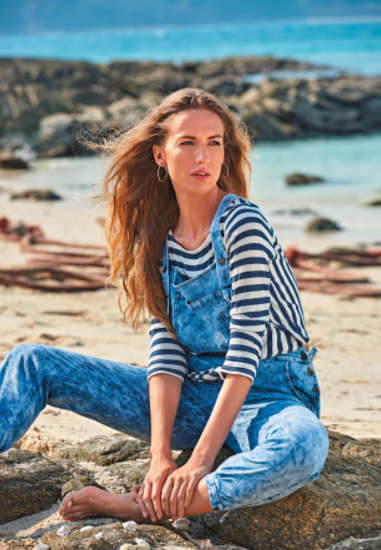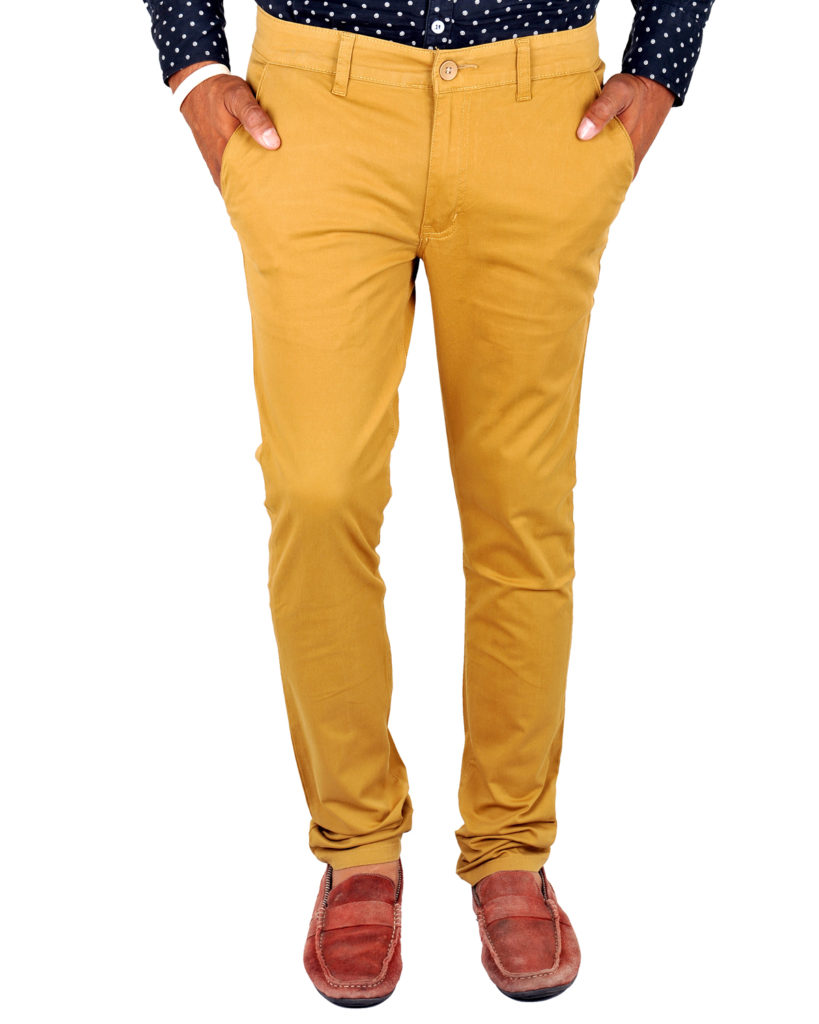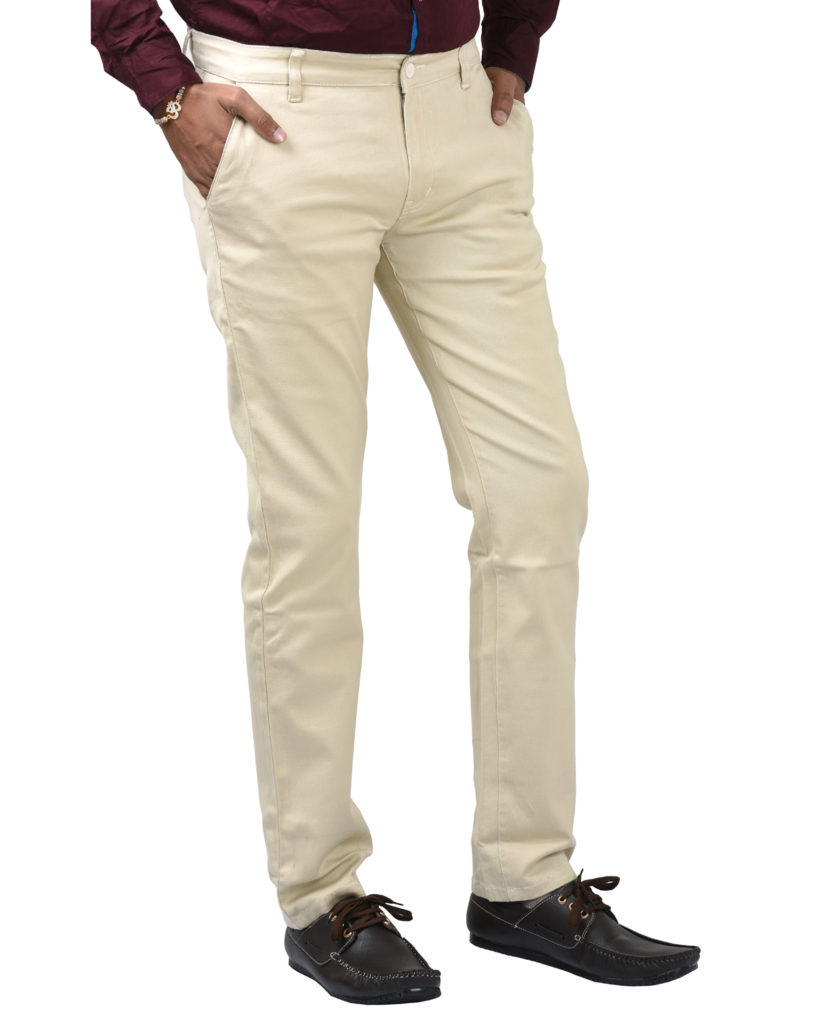Apparel exports are set to reach $20 billion in 2017-18, 13 per cent higher than a year ago, on policy support from the government ns a sharp increase in orders from the US, the EU and the West Asia. The government also announced Rs 6,000-crore textile package last year. Duty exemptions like the refund of state levies also helped Indian apparel manufacturers compete with global players.
Making the Difference
Indian textile and apparel companies are doing things differently that are contributing to an upswing in apparel exports. Globe Textiles is Oeko-Tex certified and all its production facilities have been set up in an environmentally-friendly manner. They have over 20 in-house designers on board who keep up with the latest trends in fashion in domestic and international markets. They have also partnered with few external designers and consultants to ensure we remain updated on new techniques and knowhow. Bhavin Parikh, CEO, Globe Textiles (India) Ltd. says, “the key differentiator that marked our entry into the international denim market was that we chose to go against the tide. We began exporting denim fabrics to China and Hong Kong at a time when Chinese imports into India dominated the scenario. The masterstroke right at the beginning of what was to become a longstanding journey, came through years of research, delving deep into fabric texture and feel, studying fashion trends and demands of the market and assessing self-preparedness to meet client expectations. Between 2008 and 2013, exports dominated the larger pie of operations” Being in the industry for the last 15 years now, starting from a small Shirt Trading Business, the company has diversified into Trading Yarns, Dyed & Printed Fabrics, Denim Fabric and Manufacturing Denim Jeans & Bedsheets catering to the domestic as well as global markets. “Initially when we entered the business we found there were too many players in apparel and textiles, but most of them worked in a traditional and unorganized manner. We sensed an opportunity and the potential this held and built strategies to imbibe a modern and organized working culture. Right from the start, we have followed a policy of partnering with suppliers and buyers to build long term business relations which has worked in our favour.”
Product Mix
Birla Cellulose, the Pulp and Fiber business of Aditya Birla Group is a global leader in Man Made Cellulosic Fibers (MMCF) and a pioneer in India in Viscose Staple Fibre (VSF). A versatile and easily blend-able fiber, VSF is used in apparels, home textiles, and non-woven applications. It has increasingly become the fiber of choice for women’s wear apparel for woven and knits for the attributes of fluidity and comfort leading to fashion. Liva stands for high quality fabric made using natural cellulosic fibers of Aditya Birla Group delivered through an accredited value chain for guaranteed performance. Liva imparts softness and comfort to the fabric. “We are into manufacturing Cellulose Fibers i.e Viscose, Spun dyed Viscose, Modal and Excel. These are raw materials for textile industry which attributes for absorbency and comfort in addition to being a natural raw material. We have a robust team for Value Chain management who have created a forum called Liva Accredited Partner Forum (LAPF) to support them for the usage of our fibre. Some of our key support areas to our partners in value chain are Design & Development, Technical support, Vendor Management, marketing and buyer link support, and market intelligence support,” says Aseem Doda, VP- Hub Marketing, Grasim Industries-Birla Cellulose. Globe Textiles business is divided primarily into two segments – Dyed, Printed Fabrics & Home Textile. “We have partnered with almost 7-8 different processing houses in and around Ahmedabad & Surat. This has helped us to reduce our lead times, right from designing to deliverance. The second is Denim Garments and we are currently manufacturing 1.80 lakh pieces per month. In-house manufacturing is strong with over 500 machines, more than 800 workers and the latest machineries and equipments from Juki Japan. We have a unique set of machineries, especially tailor- made with an eye on details, as per our product requirement. We also work with Engineering Fabrics. We do a detailed analysis on Yarns & Fabrics, based on which we propose different possible base qualities to our buyers,” says Parikh.
Challenges Galore
With changing times, customers have started shifting their business practices from traditional methods to a more organized method. More and more systems are coming into place and people have started following international standards. Secondly, social compliance and fair trade compliances are becoming a necessity for every business to grow. Customers have become more quality conscious, demanding and requiring faster conversion from design to deliverance. “It has become difficult to maintain exclusivity, so we have strategies to invent and re-invent all the time. New products and new ideas are encouraged rather than opting for a limited portfolio. We always try and focus on creating something new so that our clients gain from being a first mover,” says Parikh. “At Birla Cellulose there are continuous challenges which are usually resolved by co-creating solutions with customers. Exclusivity is maintained by constant innovation, we are committed to deliver the best of the products. Also we have invested a lot in building the brand which helps us in maintaining the exclusivity for the consumer,” says Doda.
New Vistas
In a bid to capture new markets textile companies are innovating. “At Birla Cellulose we have always had a strong endeavour to offer something new to our customers by creating differentiation in fiber, yarn, grey fabric construction and finishing of fabric in line with consumer demand. All our product innovations have strong consumer insights as base. Such that these innovations cater to some specific consumer want. We have recently launched Liva Sno which is optically bright fiber wherein consumer will have a white garment wherein even after repeated washes it will not fade. Next in line are our Anti Microbials fibers which are functional based fibers,” says Doda. Globe Textiles are doing printed and dyed fabrics for end use in Kaftans, Sarongs, Dress Materials and Shirting for men. Denims Jeans for men, women and kids have been a success and they are also planning to come up with our own brand by January next year.
Export Talk
Exports have grown gradually and have been commendable over the years for business. “For the last few years, government policies and technological advancements have also helped exports holistically. We export dyed and printed fabrics to Malaysia, Singapore, Myanmar, South America and the Gulf. Denim Jeans are exported to Poland, Portugal and GCC countries. Bed sheets are exported to Israel and Germany. As of now Bangladesh, Pakistan, Cambodia, Vietnam are big competitors to India. Those countries are preferred countries to import from in Europe the US due to GSP, FTA or incentives. This has taken away a large pie of the business from India. This has also hindered new businesses from entering India. India also needs to get into such agreements to boost exports. Secondly, compliance has been a major game changer where India has to work very hard in order to get the business. Furthermore, government agencies push exporters to meet standard compliance requirement,” says Parikh. Though overall garment exports in last 2-3 years has stagnated from India, but viscose has seen a definite growth with categories like women tops being one of the highlights. “One of the key reasons behind this upward trend is that globally customers are looking at innovation and quality products and we are working in close coordination along with our entire value chain to ensure we meet these critical demands. We have our seasonal collections coming out twice a year and these are made along with WGSN such that they are in line with international trends. Add to it we are working with the value chain as to take care of issues likes shrinkage, pilling etc. Such that working closely with our LAPF partners as to create a pull for their products from international markets has borne fruits even in these difficult times. We are working deeply on sustainability which is much required by global brands with certified wood and Higg index for the facility being shared as we have more sourcing for viscose garments from India. We are also working on chemical management with leading process houses for reducing green house gas impact,” says Doda. The world is moving towards fast fashion as well as differentiating in functional performance. Again due to increased exposure to the international brands and markets the consumer has started demanding the latest trends and best quality. The industry, recognizing this factor, has left no stone unturned to ensure they are on the top of delivering to the consumer. This thirst for excellence is driving exporters to give the best of their service to their consumers
This story appeared in the Sep-17 issue of Apparel India magazine here: 53_Fabric



